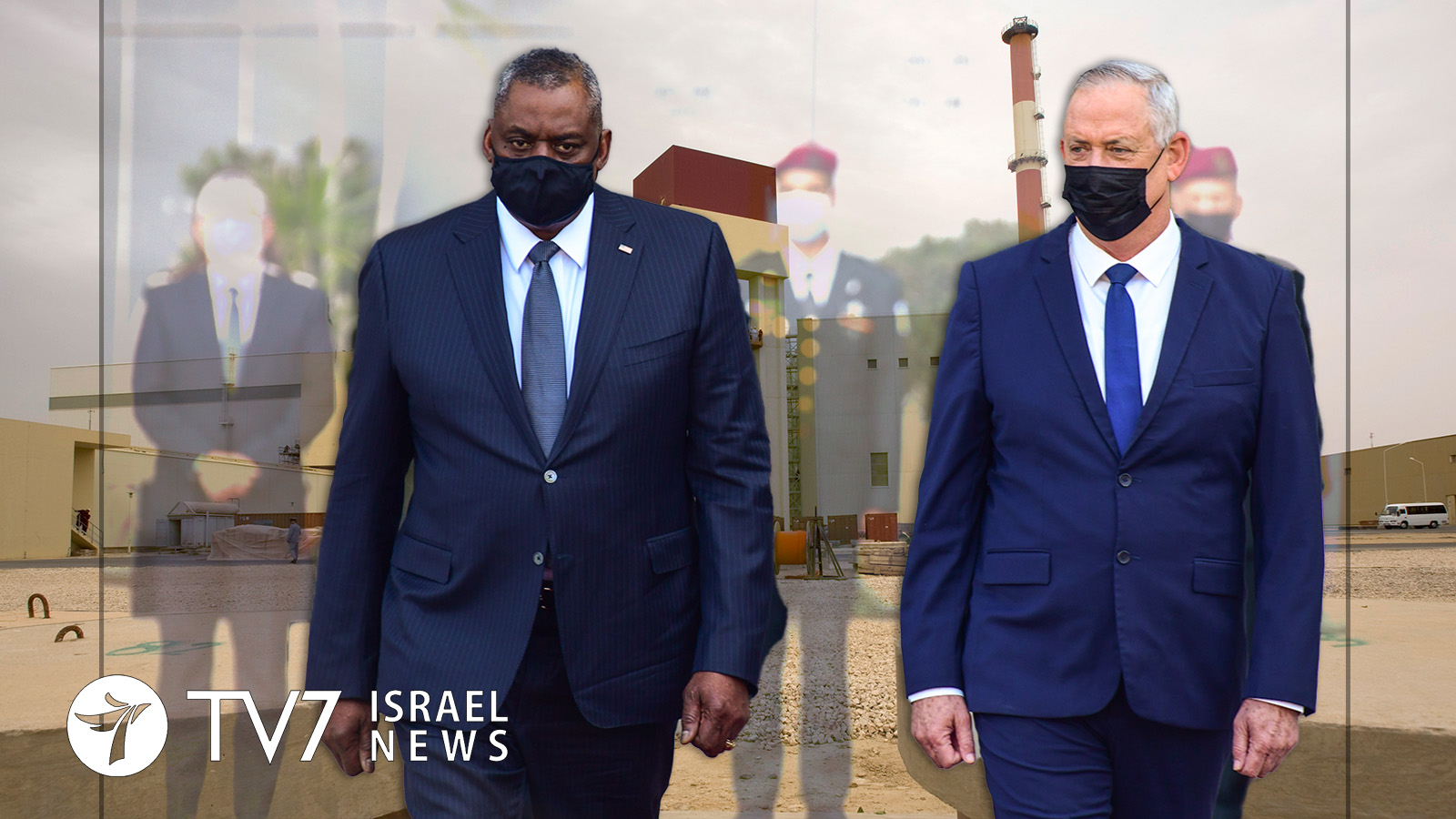An Iron – but not necessarily Iran – Clad Commitment
By Amir Oren
40 years ago, in Spring 1981, a Likud Prime Minister was on the verge of losing power. He then undertook two actions – striking Iraq’s nuclear reactor and, contrary to the secrecy he himself has decreed, bragged about it.
Benjamin Netanyahu’s situation today is not identical to Menahem Begin’s that June. Begin was still three weeks from an election he was projected to lose to Labor’s Shimon Peres. Netanyahu has just emerged from the fourth deadlocked election in two years and is in the process of trying to form a government. Then again, Begin, a modest and frugal person, was never suspected of personal impropriety, let alone corruption. Netanyahu holds the dubious distinction of being the first Israeli Premier to stand trial, for bribery and lesser charges, while serving in office.
Yet there is some similarity between Begin’s mix of politics and policy and Netanyahu’s. For both, the Nuclear danger from the east is cast in mortal, existential, Never Again terms surpassing all others and linked to their self-image as saviours of the Jewish nation. If they will not take the necessary measures, their successors are not to be trusted to do it, for lack of either will or ability. (Not true, as evidenced by the 2007 strike against the Syrian reactor). And if they gain politically by these Iraq/Iran operations, so much the better.
Plus, a senior foteign visitor happened to be meeting with the Prime Minister during the operation’s time frame. President Anwar Sadat met Begin three days before Osiraq was struck. Defense Secretary Lloyd Austin came calling while the Natanz Uranium enrichment facility was spectacularly sabotaged. In both cases, at least an embarrassment to the guests. Sadat was assassinated four months later, his public standing in Egypt gradually but heavily damaged.
Israel did not accept responsibility for the Natanz power failure presumably disabling centrifuge work through the rest of the year. But in such cases, the whodunit hunch is usually either WE – Who Else? – or US, the United States, and this time it was certainly not an American action. It is not in character for any Administration, least of all Joe Biden, to authorize such an act when it has just started negotiating in Vienna an agreement which would make this sabotage redundant, as the Iranians would have to undo what they gained when Donald Trump essentially freed them from their obligations under the 2015 Joint Comprehensive Plan Of Action.
Because Netanyahu and his associates let so much information and bravado serp into domestic and international media, to be met with Iranian pledges of revenge and a demand by Defense Minister Benny Gantz that a criminal investigation be opened regarding the dangerous leaks from the top, the only issue is whether Netanyahu ordered the Natanz operation by the MOSSAD agency reporting to him in spite of Biden’ Vienna gambit and Austin’s mission to Israel, or to spite them.
Austin gamely tried to look the other way while on Israeli soil and before heading to Europe. He kept repeating the message he was sent to convey regarding the American commitment to the security of its strategic ally and the pledge to maintain Israel’s so-called Qualitative Military Edge over its enemies, present and potential. He voiced the line in an American-built Israel Air Force Base funded as compensation for the withdrawal from Sinai and now hosting the IAF’s first of two or most probably three F-35 squadrons. But as he posed to the camera against the backdrop of one of these Stealth fighters, flanked by Gantz and IAF chief Major-General Amikam Norkin, it inescapably came to mind that these two officials were kept out of the loop bu Netanyahu last summer, when he wanted a normalisation agreement with the United Arab Emirates so much that he was willing to overcome Norkin’s and Gantz’s opposition to the UAE’s procurement of F-35’s.
Once again, as promised by Presidents and Secretaries for many decades, in order to allay fears that Israel has no margin for error and which could make it spring from the defensive to the offensive, Austin described the American determination to help Israel as “Iron-clad”. Iron, not Iran.
The Natanz operation, a few days before Israel’s Independence Day and as Netanyahu released pictures of himself celebrating with his military and intelligence chiefs, was obviously intended to force an enriched Uranium baseline for the Vienna talks, during which the Iranians would not be able to suggest that time is on their side and therefore the U.S. had better lift sanctions and have all parties revert to their JCPOA. But the downside is that the Iranians could now demand that Biden prove that he is not Netanyahu’s proxy, once again the proverbial dog being wagged by its tail.
If the reverse is true, and Israel is an American proxy, the Iranians can counter Washington’s insistence that a new agreement include a cessation of activities by the Houthies in Yemen, Hezbollah in Lebanon and Ketaib Hezbollah in Iraq by a demand that Biden restrain Netanyahu – or whoever succeeds him. They already claimed that the sabotage will help them at Vienna. Bazaar bravado, to be sure, and not to be taken literally, as if they wish Israel to strike again and with such force that would get their cards on the Austrian table a winning combination. There is also a question mark regarding the impact these developments, technically and diplomatically, might have on the political tug of war between pragmatists and hard-liners in the June Presidential elections. The Netanyahu school may fear the moderates more than the militants.
Down the road, if Israel inserts itself into the Vienna talks – and their direct offshoots between Washington and Tehran – it could lead to broadening non-proliferation negotiations in different directions, not to its liking. An explosion in Natanz could reverberate all the way to Dimona.
